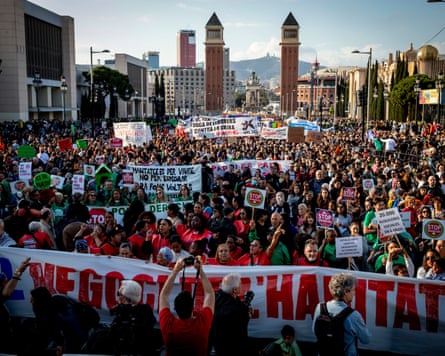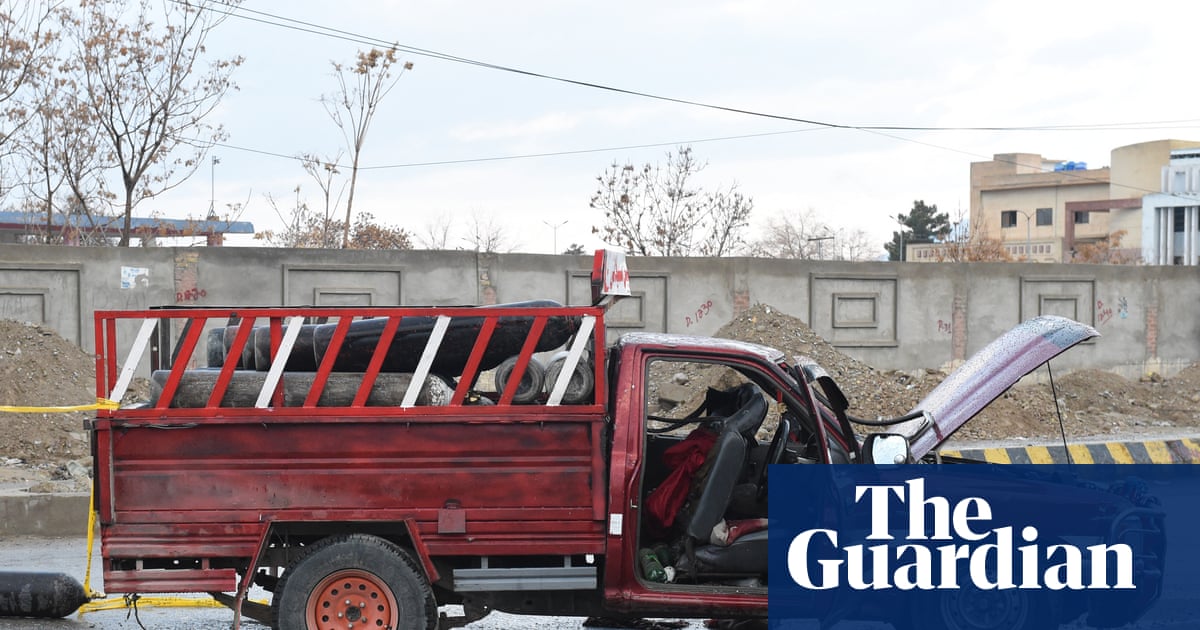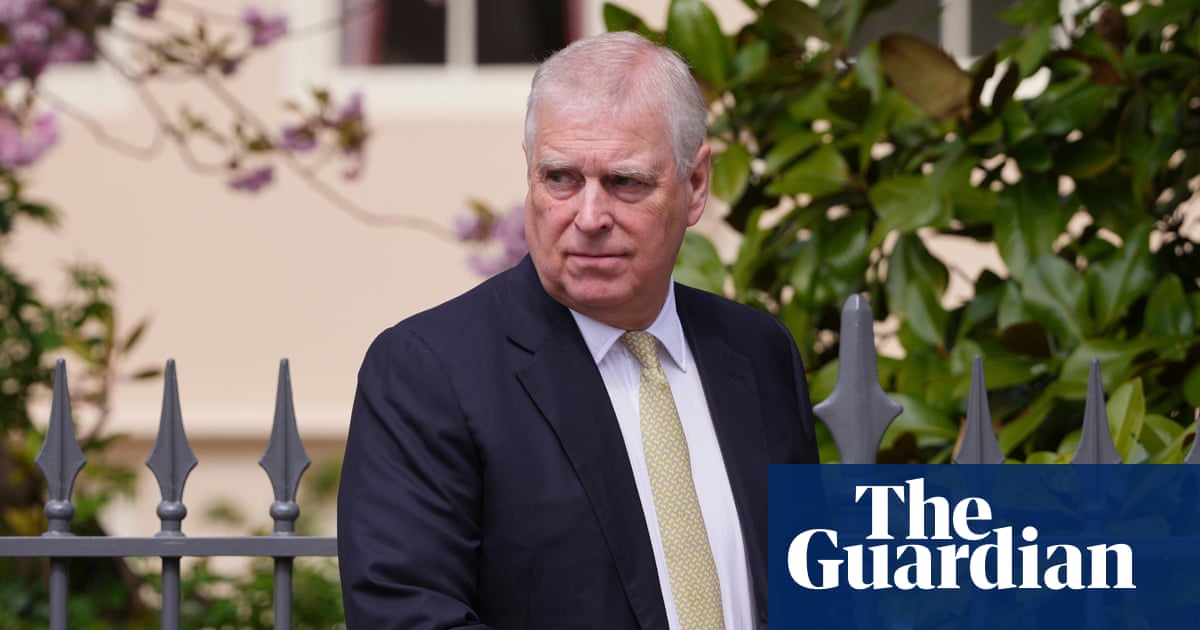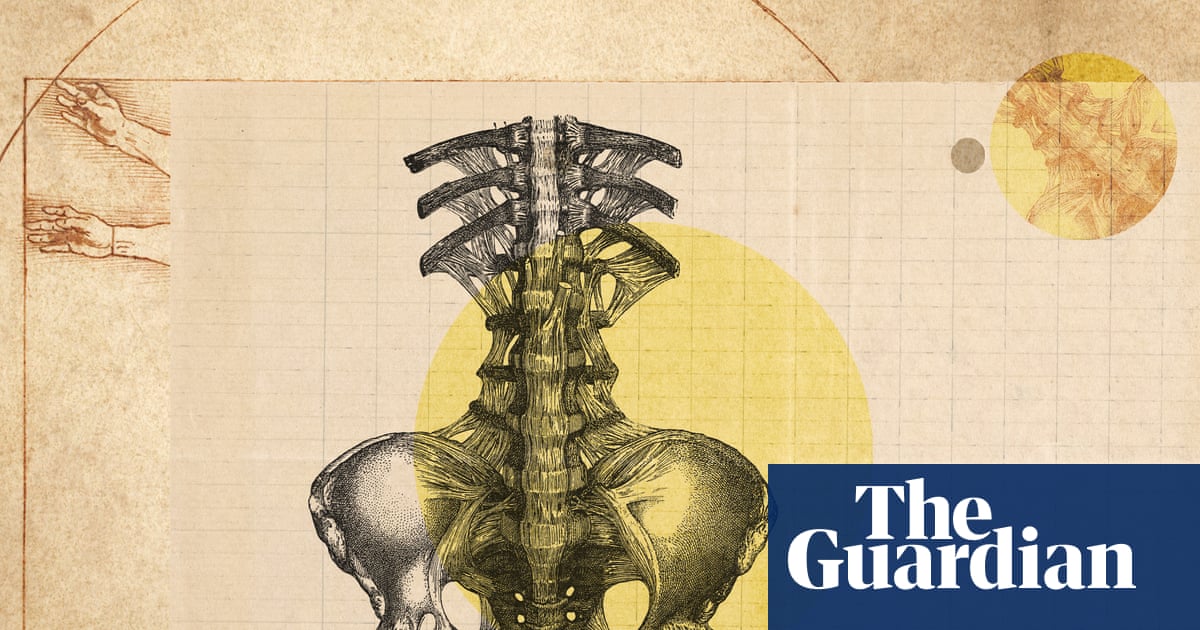Catalonia’s Socialist president has said his party’s focus on tackling inequality can win over voters who are tempted by pro-independence and far-right voices, as he seeks to persuade Catalans of the benefits of coexistence with the central government in Madrid after years of turmoil.
Salvador Illa, a close ally of Spain’s prime minister, Pedro Sánchez, has been in the post since August 2024 and leads the first Catalan parliament in 44 years without a pro-independence majority.
The Socialists are in a paradoxical position: while Sánchez’s minority, coalition government depends on the votes of the pro-independence Junts party – led by Carles Puigdemont, the architect of the failed effort to secede from Spain in 2017 – Illa’s regional administration does not.
The Catalan president’s separatist critics have derided him as an anaesthetist whose proximity to Madrid is sending Catalonia into a political coma.
“What we are trying to do is to bring in an atmosphere of calm and coexistence,” the 59-year-old said in an interview with the Guardian. “What most people in Catalonia want is not just to generate prosperity because that is not enough. They want wealth shared. People will not understand if that prosperity is reserved to an elite, or to the big cities.”

Alongside Illa’s economic agenda is a policy of assuaging Junts and Puigdemont, who remains in self-imposed exile in Brussels after the unilateral independence referendum that was declared illegal by Spain’s constitutional court.
Puigdemont is negotiating a return, using his ability to bring down Sánchez’s minority government in Madrid as leverage to seek political amnesties, the transfer of migration policy to Catalonia and commitments to pursue Catalan as an official European language.
Although Sánchez and Illa said before the 2023 national election that they would oppose amnesties, the Spanish parliament passed just such a law in May last year, pardoning those involved in the referendum. Outstanding charges of misuse of public funds against Puigdemont and two others – and not covered by the amnesty law – are also being examined by the constitutional court.
Illa was frank about the switch over amnesty, saying: “The circumstances changed after the election and we have to take account of that.”

He added: “It is about trying to find a way out. This is politics, a pragmatic approach to reality. What we are trying to do is produce an atmosphere of calm and coexistence.”
Those who said the Socialists would only empower separatist politicians by making concessions to them had been proven wrong, Illa continued. “It has weakened the independence parties,” he said. “The problem was not that there are people that favour an independent Catalonia, the problem is about respecting the rule of law.”
He said he would like to see Puigdemont back in Catalonia and active again in politics, and urged the constitutional court to try to settle the remaining issues as quickly as justice allowed. He had even travelled to Brussels to meet Puigdemont to prove – in his words - that dialogue was “the driving force in a democracy”.
Illa ascribed both the nationalist surge in Catalonia that fuelled support for the 2017 referendum – and Brexit in the UK – as populist responses to the financial crisis of 2008. “It was a period when people were offered by quick easy magical solutions to complex problems,” he said.
after newsletter promotion

If Catalan nationalism was now on the wane, he argued, the responsibility laid in how Spanish democracy responded to it, the success of a common European approach to Covid, and the war in Ukraine “underlining the need to be part of a public space of 350 million people”.
“It has produced a change in the Catalan mindset, and that it is good to be part of something bigger,” Illa added.
In some ways, the new political threat that Illa and Junts face is from Aliança Catalana, the far-right, nativist party led by Sílvia Orriols, which thrives on its opposition to immigration and Islam. “Today we need to focus on defending the values of democracy against the far-right totalitarian project,” he said.
Illa had identified the need to build and release more housing as the most effective route to tackling soaring rents he said were at the root of much inequality in Spain.
He plans to build 50,000 homes for social rent and release land capable of absorbing another 210,000 properties. In the meantime, the national government has introduced a law allowing authorities to cap “disproportionate” rent prices in some areas, and from 2028 bans on Air B&B will be imposed in some cities.
The best response, Illa added, was for “social democratic parties to stick to their policies, be bold and not to change our agenda or priorities [to those] of the far right”.

 3 months ago
74
3 months ago
74

















































